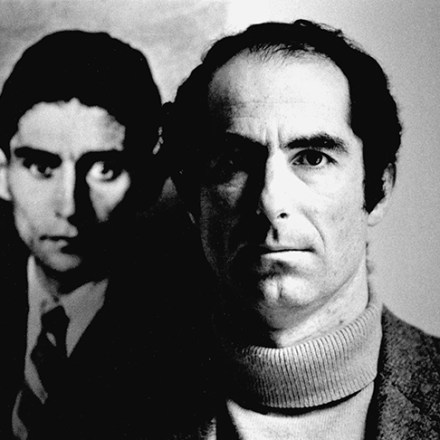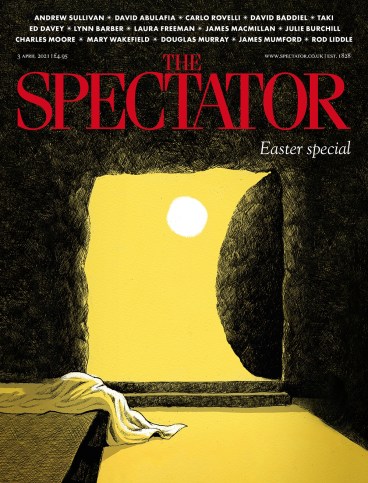Philip Roth — most meta of novelists, and most honest
On page 532 of my preview copy of this biography of Philip Roth there is a footnote. In it, Blake Bailey quotes from Roth’s novel Deception, where the character of Philip Roth asks his mistress what she would do if she was approached after his death by a biographer. Would she talk to him? She









